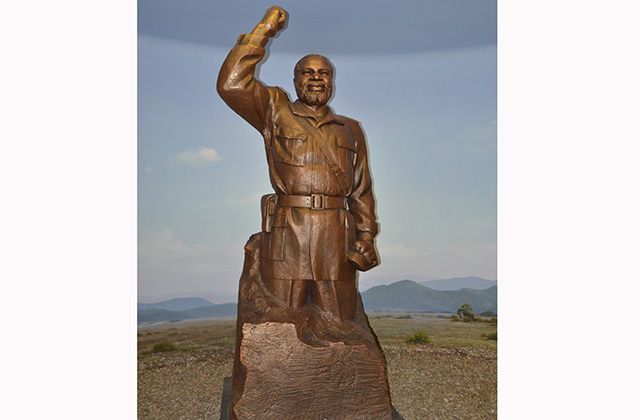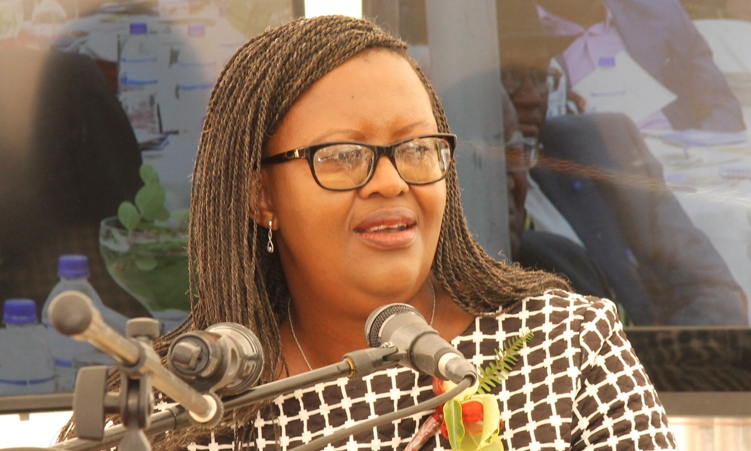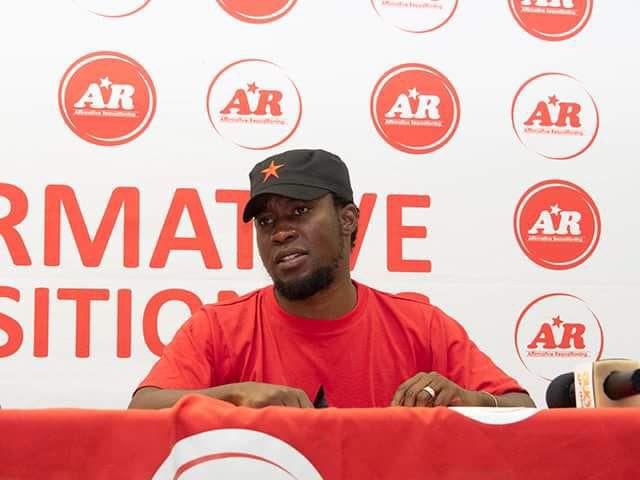Independence day is upon us and given Namibia’s colourful history, the occasion is definitely one to celebrate and be proud of.
Before we do that, let’s take a brief look at the country’s struggle and triumphs since colonial times up until 21 March 1990.
As we all learnt in history, the first known European to set foot on Namibian soil was the Portuguese explorer Diogo Cão in 1485, when he briefly stopped at the Skeleton Coast and raised a limestone cross when he travelled along the west coast of Africa.
Another Portuguese traveller then set foot in Namibia – Bartholomeu Dias stopped at the areas known today as Walvis Bay and Lüderitz, which he named Angra Pequena.
About three centuries after Cão was at the Skeleton Coast, the Dutch authority in the Cape decided to take control of Walvis Bay since it was the only good deep-water harbour along the Skeleton Coast. When the United Kingdom took control of the Cape Colony in 1797, they also took over Walvis Bay.
In the 1840s, the German Rhenish Mission Society started working in Namibia and co-operating with the London Missionary Society which entered in 1805.
The town known as Angra Pequena was renamed to Lüderitz in 1883, when German trader Adolf Lüderitz bought the land from Nama chief Josef Frederiks II. The price he paid was 10 000 German marks and 260 guns. He soon renamed the coastal area after himself.
After declaring Lüderitz and a vast area along the Atlantic coast a German protectorate, German troops were deployed as conflicts with the native tribes flared up, most significantly with the Nama. Under the leadership of the tribal chief Hendrik Witbooi, the Nama put up a fierce resistance to the German occupation. Contemporary media called the conflict ‘The Hottentot Uprising’.
The infamous Herero and Nama genocide was a campaign of racial extermination and collective punishment that the German empire undertook against the Ovaherero, the Nama and the San. It is considered the first genocide of the 20th century. It took place between 1904 and 1908.
Between 24 000 and 100 000 Herero people, 10 000 Nama people and an uncounted number of San people died.
In 1915, during World War I, South Africa, being a member of the British Commonwealth and a former British colony, occupied the German colony of South West Africa.
In February 1917, Mandume Ya Ndemufayo, the last king of the Kwanyama of Ovamboland, was killed in a supposed joint attack by South African forces for resisting South African sovereignty over his people.
Skip a few decades and the political party which led the fight for independence, SWAPO, was founded on 19 April 1960 as the successor of the Ovamboland People’s Organisation. Leaders renamed the party to show that it represented all Namibians. But the organisation had its base among the Ovambo people of northern Namibia, who constituted nearly half the total population.
Elections were held in November 1989 and were certified as free and fair by the UN Special Representative, with SWAPO taking 57% of the vote.
South West Africa, now Namibia, celebrated its first independence on 21 March 1990.
Namibians love their country, and some of the youth shared who their Namibian heroes are and how they celebrate independence with the .
My Namibian hero is Hosea Kutuko because he played a major role to bring Namibia its independence. He helped former president Sam Nujoma to go to the US while also fighting for our freedom.
I will celebrate independence by joining in where others are gathering and enjoy the day with them.
Sam Nujoma is my hero. He fought for the people’s freedom and for the country’s independence. I will feast with a lot of food to celebrate on Thursday.
My Namibian hero is Job Amupanda. He always speaks the truth when it comes to politics, economics and all things that matter to the Namibian people.
Sam Nujoma is also my hero as he was the first president of the country and he fought hard for independence. He helped establish branches across Africa where Namibian refugees and people in exile could live during the struggle.
Sam Nujoma, because he encouraged his people not to give up during the struggle for independence. I will celebrate with other Namibians, wherever they are.
Stay informed with The Namibian – your source for credible journalism. Get in-depth reporting and opinions for
only N$85 a month. Invest in journalism, invest in democracy –
Subscribe Now!






